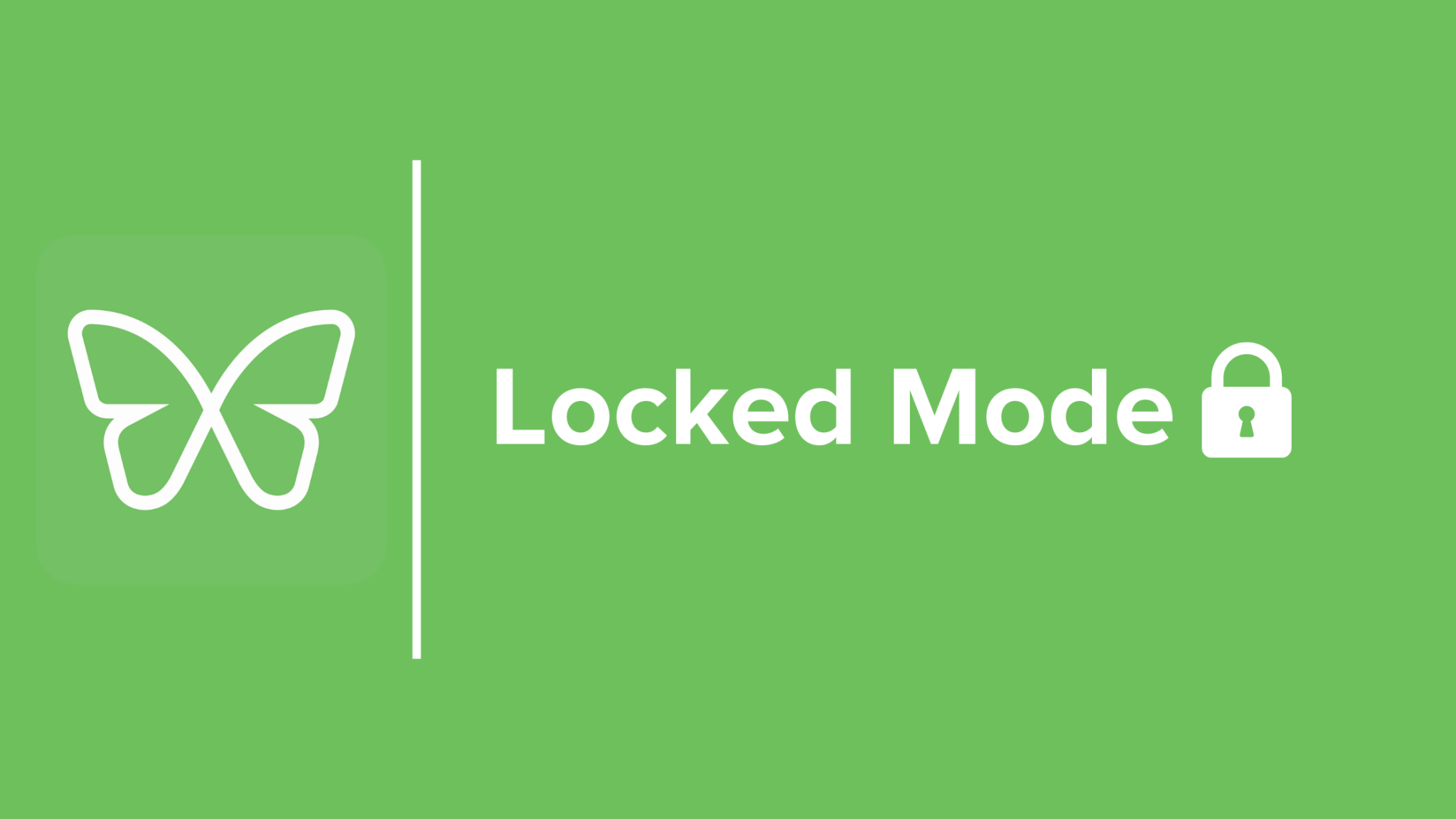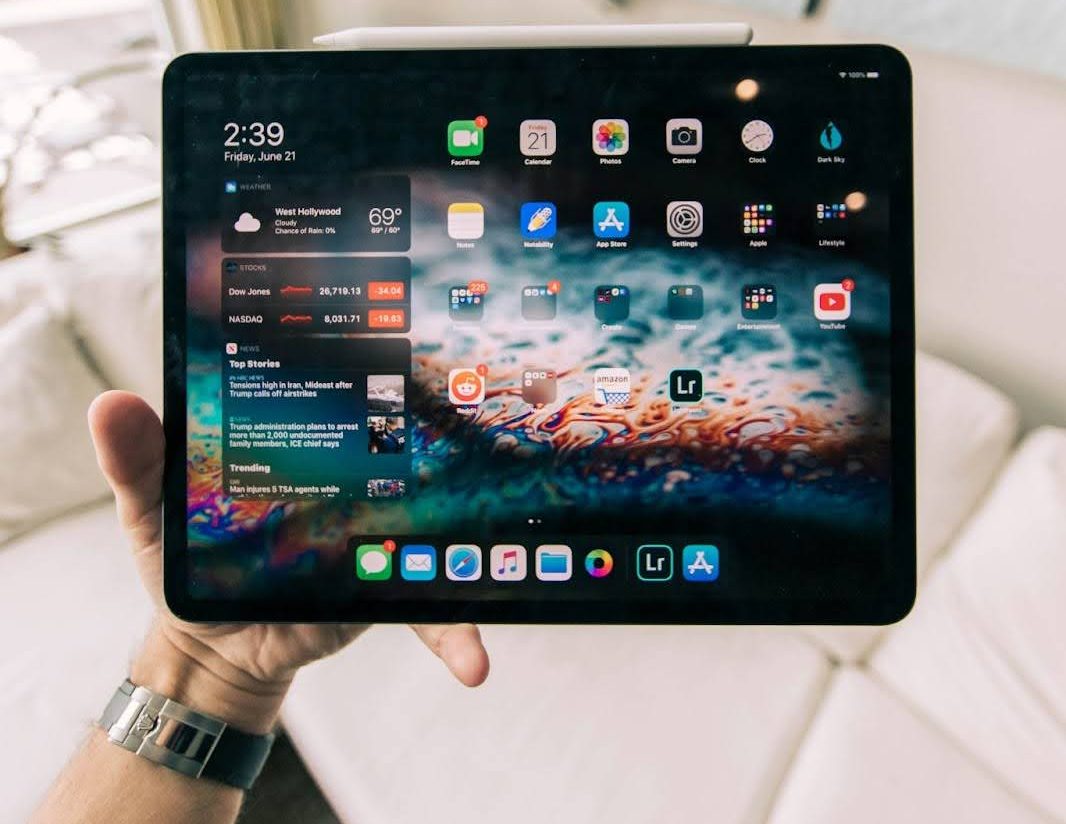The Ultimate Guide To Overcoming Creative Block

There are few things in life more frustrating than creative block.
You’re trying to come up with an idea for a new project but you’ve got nothing. Your creativity well has run dry. Or maybe you’re working on an existing project and suddenly you just don’t know what to do next. You’re out of ideas and not sure what to do.
Creative block is so frustrating that entire novels have been written about it. If you search for “writer’s block”, which is essentially the same thing, you’ll find hundreds of books about how to overcome it.
The good news is that you can overcome creative block. In this guide, we’re going to dive into the causes, as well as proven strategies for overcoming it.

What Is Creative Block and What Causes It?
Creative block is the inability to come up with new ideas. It can happen while you’re working on an existing project or when you are trying to create something completely original and haven’t yet figured out what it should be about.
You feel stuck and empty, like you just don’t have any more ideas left in the creative tank. No matter how hard you try, you just can’t come up with something fresh and new.
There’s usually not one specific, but rather many different things that might contribute:
Mental health
Mental health issues such as depression or anxiety can significantly inhibit creativity. If you’re depressed, you often feel flat and listless, which makes it very difficult to be creative.
If you struggle with anxiety, it’s easy to become overwhelmed by the lack of inspiration you’re experiencing, which makes your anxiety even worse. (Note: I’m speaking from personal experience on both of these things. If you’re struggling with mental health issues, please see a doctor.)

Depleted energy levels
Lack of sleep can also lead to a lack of creativity and energy, as well as feelings of being overwhelmed or helpless, which inhibit creative thinking. It’s really difficult to generate good ideas when you feel like a zombie.
There’s a reason that some of the most creative people in the world regularly take naps. In addition to getting a solid 10 hours of sleep every night, Albert Einstein would regularly take short naps throughout the day.
Stress
Stressors associated with day-to-day life such as financial worries, relationship difficulties, career concerns, family responsibilities and more can cause you to feel creatively stuck.
Because you’re so occupied with all the other stresses in your life, you don’t have time for anything else.
Perfectionism
Perfectionism is another common cause for feeling like your creativity has dried up. You feel like you can’t let go of something until it reaches perfection. The problem is that perfection is an impossible goal and the more time you spend trying to perfect your work, the less progress you’ll make.

Fear of failure
Fear of failure may be another reason why you’ve lost your spark. You don’t want to pursue any ideas unless you’re sure you’ll succeed. You feel blocked because you can’t come up with any sure-fire ideas that you feel 100% confident about.
The reality is, creative block isn’t a disease that can be cured by a pill. If only it were that easy! The causes vary widely and are unique to each individual. Thankfully, there are a number of strategies for overcoming it, regardless of the cause.
14 Strategies For Overcoming Creative Block Today
Now that you know some of the causes of creative block, let’s look at some simple, yet effective strategies for beating it.

1. Step away for a time
The first strategy is to take a step away from the project or task where you’re feeling creative block. If you’re like most creative people, you get some of your best creative ideas when you’re doing something else, like taking a walk or going for a shower. When you step away, your subconscious keeps working on the problem and will often come up with new ideas.
If you’re struggling, take some time to do something else. You might be surprised what a bike ride or walk can do for your creativity. Step away from the project and take time to clear your mind before you come back with fresh eyes and new ideas.
2. Keep showing up
When you’re experiencing creative block, you feel like you want to give up. This is the one you absolutely must NOT do. Keep writing. Keep working on the new website. Keep coding your new app.
Creating a creative routine can really help in this regard. When you set aside a certain time every day to do your creative work, it helps you keep showing up even when you don’t feel like it. Don’t worry if you’re not happy with the work you’re producing during that time. You can always edit later. What matters is that you keep producing.
Don’t be afraid to embrace small steps when it comes to keeping at it. If you have writer’s block, just write 100 words per day. If you’re struggling to compose music, just work on one small section. What you may find is that 100 words turns into 200, then 500, and then 1,000.
Keep showing up and keep going until the creative block finally lifts or you figure out what to do next. Creative blocks often come in waves. One day you feel stuck. The next day you’re able to see an alternative solution. Even if you don’t see progress right away, it doesn’t mean nothing is happening.
It may sound trite or cliche, but it’s true. You have to keep going even when you don’t feel like you’re getting any traction.
3. Create Constraints
If you’re feeling blocked creatively, it may be because you don’t have any constraints upon you. In other words, you basically have unlimited options regarding what you can do, and the wide-openness is actually overwhelming.
If this is the case, you need to bring more definition to your project. You need to define the parameters that will guide you. This may mean defining what tools or techniques you’ll use. It could mean imposing specific deadlines upon yourself, either for making decisions or performing certain tasks.
For example, say you want to write a novel. Deciding on a genre is a constraint. Mapping out the plot is another constraint. These things provide you with direction and help you make forward progress.

4. Do a brain dump
Sometimes it’s helpful to just write all your ideas down. Put them on paper or in a document and start brainstorming from there. Don’t analyze the ideas or worry about grammar, spelling, sentence structure, etc. Your goal is simply to create something that will allow you to see all of the different ways you can approach your creative block so that you can find one path forward.
As you write everything down, you may begin to see connections and options that you didn’t see before. You’ll also come up with new ideas that might lead you to unexpected places.
5. Read/watch/listen to something that inspires you creatively
Sometimes the solution to creative block comes from someone else. Take some time to step away from your task and be creatively inspired by someone else.
Read a great book. It doesn’t even have to be related to your project. You may find unexpected inspiration in a novel or a biography. Listen to a podcast where the host or guests inspire you.
Sometimes all you need are those little sparks of inspiration from others in order to start working again on your own project.

6. Shut out distractions
It’s hard to be creative when you’re constantly distracted. Creativity is usually the result of deep, focused work.
Create an environment that is free from distractions. Silence your phone and close all other programs that might distract you from working. Use Freedom to block websites that will distract you and keep you from doing creative work.
If you have an office door, close it. If you don’t have an office, put in headphones and listen to music that helps shut out distractions.
7. Stop chasing perfectionism
As we noted earlier, perfectionism can be a cause of creative block. The reality is there is no such thing as perfect. If you need proof, just go read some Amazon reviews of great books. No matter how great the book, there will be some people who find faults.
Don’t let a fear of imperfection stop you from creating something great. What is only “good enough” for you will be absolutely incredible for many people. Also, you have to realize that not everything you create will be a perfect masterpiece. Charles Dickens wrote some great books. He also wrote some real stinkers. If Dickens had been a perfectionist, we never would have gotten classics like A Christmas Carol or Oliver Twist.
Don’t let perfectionism keep you from delivering your creative work to the world. Learn to let go when you’ve reached a point of “good enough”.
8. Exercise
Exercise can be very helpful when it comes to overcoming creative block. Exercise releases endorphins which will help you to feel less anxious and more focused. It also gives your brain a break from constantly trying to solve a creative problem.
Take a walk outside, go for a run, or do yoga. Take some time out of your day to move around instead of focusing on what needs to get done next with your project.
You might be surprised to find yourself coming up with new ideas while you exercise. With your heart pumping and blood flowing to your brain, you might gain new insight into the problem that has been stumping you for so long.

9. Ask others for input
Sometimes all you need to get past a creative block is the perspective of someone else.
Ask a friend, family member, or coworker for their opinion on the problem you’re having. Just make sure the person has the necessary expertise to help you on your problem. If you’re writing a novel and are stuck, your mom might be the perfect person to help you figure out what happens next. However, if you’re working on complex code, you want someone who understands what you’re doing.
Invite them to brainstorm with you and see what they come up with, even if it’s not an answer that can be directly applied. Even if they don’t directly provide you with the answer you’re looking for, the conversation might nudge something in your brain that provides you with the direction you need.
If you are having trouble finding someone to brainstorm with, you could turn to an online forum, like Reddit or Quora. Many times, the people in these forums have extensive first-hand experience with what you’re working on and can provide great advice.
10. Change up your routine
Generally speaking, routines are very helpful for creative people. Sometimes, however, you need to change up your routine in order to get out of a rut. Find a new coffee shop or try working in the morning instead of at night. Even just the simple act of changing where you work can get your creative juices flowing again.
You may even want to change the way you work. For example, instead of typing in a Google doc, dictate into a note on your smartphone (you can also dictate in Google docs as well). Changing the way you work forces your brain to think differently, which can generate creative sparks.
You don’t have to permanently change your routine. Just shake things up for a day or two and see what happens.
11. Work during your peak times
All of us have peak times when our mental and physical energy is highest. Ideally, you should do your creative work during these peak times. It’s hard to be creative when your brain is tired and you feel sluggish.
Do you do your best creative work in the morning or late at night? How about during your lunch break, when there are no distractions around to make it difficult for you to concentrate. Experiment with different times and find what works best for you.
If you’re not sure what your peak time is, you may want to keep a journal of how productive (or unproductive) you felt at different hours over a week. Pay attention to how much sleep and coffee/tea intake was involved as well.
This will give you insight into when you’re most energized and creative, both mentally and physically.
13. “Copy” the style of another artist/creative
To be clear, we’re not recommending plagiarism or stealing someone else’s work and taking credit for it.
We’re talking about trying to temporarily adopt the style of another creative person and doing your own work using that style. For example, if you’re an author, try writing in the short, clipped style of Ernest Hemingway. If you’re a graphic designer, try imitating another designer that you admire.
It may seem awkward or even strange at first to do your own work in someone else’s style, and that’s actually the point. It forces you to think differently than you normally would, which can help get you out of your creative rut.
Obviously, you don’t have to maintain someone else’s style indefinitely. You have your own unique way of doing things that you should embrace. Just use this technique long enough to break your creative block.

14. Don’t give up
We mentioned this earlier, but it needs to be said again because it’s so important. More than anything else, don’t give up. The world needs you and your creative work. Keep going, even if you don’t like what you’re producing.
You might not see it right now, but eventually you’ll be making something that’s amazing. And when you do, don’t forget to take time to celebrate your victory. And then get started on your next awesome project. Because you’ve got more in you.
Crush The Block
As maddening as it is, creative block is a normal experience. Don’t let it send you into the depths of despair. Don’t assume that you’re going to have to take up a new profession because all your ideas are gone. There is no shortage of ideas out there. You just need to find them.
The next time you feel yourself running dry, implement a few of these strategies. Before you know it, the juices will start flowing again and you’ll be humming right along.


